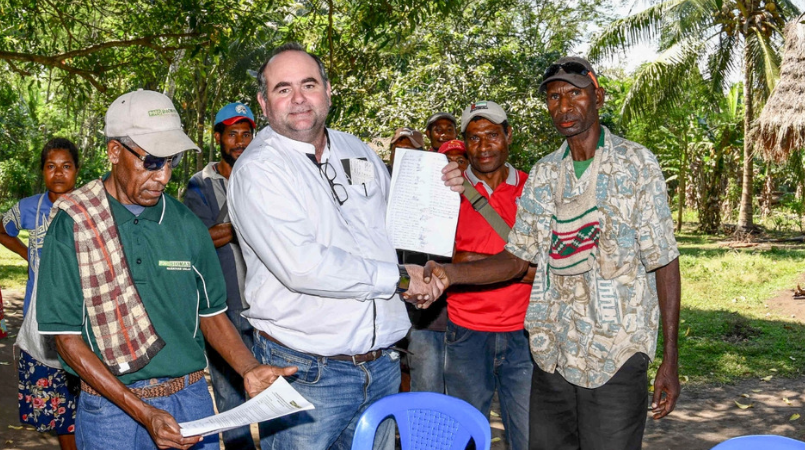
A growing renewable generation mix will help Papua New Guinea develop its energy sector and transition fully to renewable energy by 2050, according to Project Director of PNG Biomass Michael Henson.
He said PNG Biomass, the country’s most preeminent biomass project established in the Markham Valley of Morobe province, is a 30 megawatt (MW) initiative to contribute to the electrification of PNG to transition to renewable energy.
Henson said the renewable energy produced by PNG Biomass is priced mostly in Kina with a fixed real price over 25 years.
“Unlike fossil fuels, the biomass power price does not change with the oil price or dollar/kina exchange rate. In addition, by valuing the social, environmental and economic components included in the biomass price as benefits to the state rather than costs, the net biomass price to the State is one of the cheapest power options,” stated Henson.
“Biomass power is therefore price competitive for PNG and an excellent low-cost energy source.”
The project director said working together with landowners, PNG Biomass is establishing 16,000 hectares of plantations to grow trees that will fuel the biomass power plant that is being constructed between 2019 and 2021.
“With a 25-year Power Purchasing Agreement signed with PNG Power, the new biomass power plant will start dispatching power into the Ramu Grid by 2021.
“Biomass power generation has several key benefits over other energy fuels,” Henson said. “It is renewable, sustainable and reliable. And it is an adaptable scalable, clean local fuel.”
He explained that it is also affordable as the energy cost of biomass power is low, it is cheaper than diesel, heavy fuel oil, and most fossil fuels – and even cheaper than new large hydro projects.
Henson added that the biomass project is already creating employment and business opportunities in the Markham Valley.
“We are empowering landowners, we help them establish Incorporated Land Groups and register their land then use their ILGs to lease land to us for which we pay land rental, crop share payments and a share of carbon credits.
“We also allow them to practice cash crop farming on the plantations. Women are making good money from farming on our plantations,” he said.
By producing energy and growing the Ramu Grid this Project has the potential to reach almost half of PNG’s population, as within 20 kilometers of the grid live about 5 million people.
(Project Director of PNG Biomass, Michael Henson, with locals from Markham, Morobe Province)
